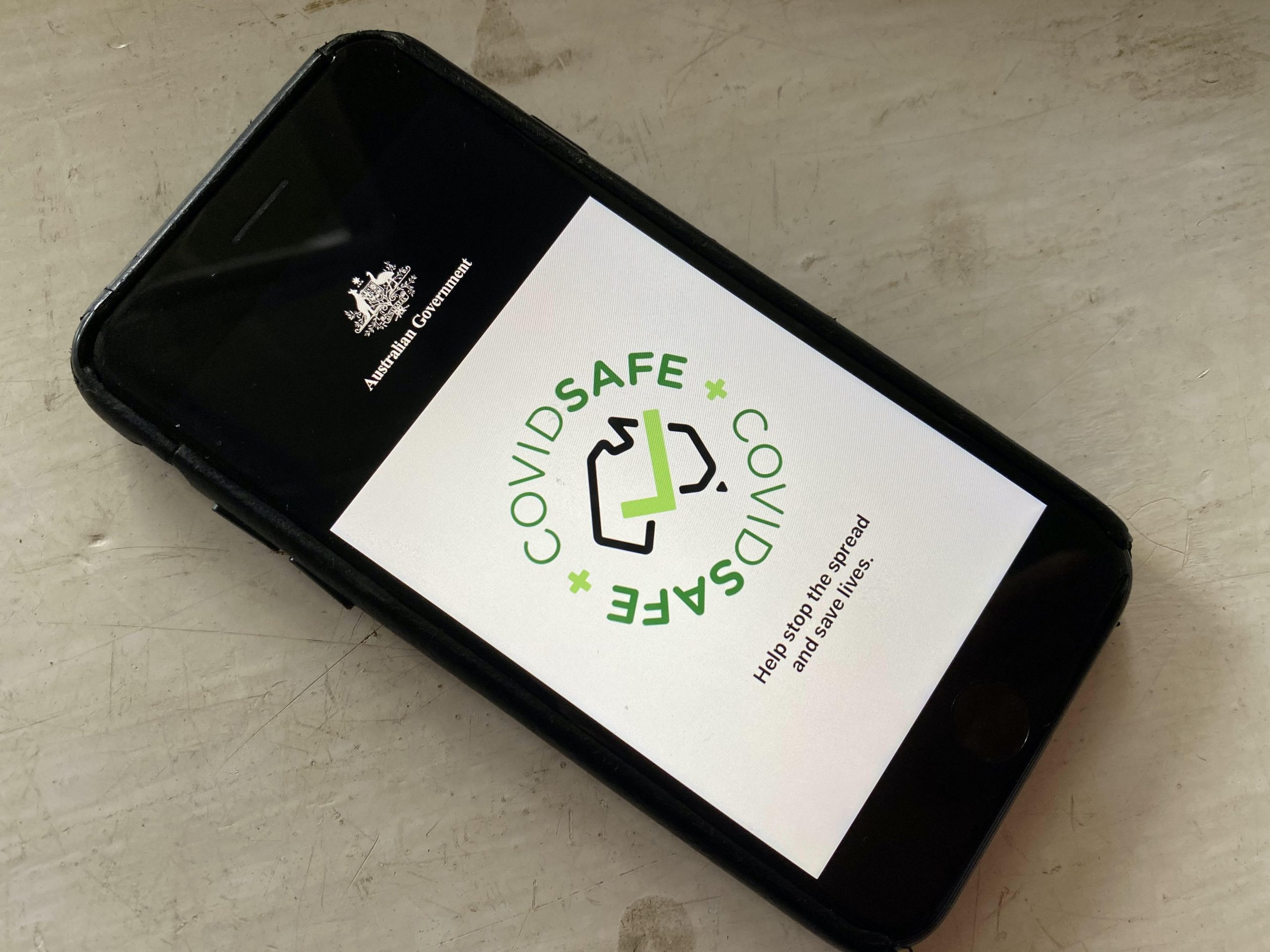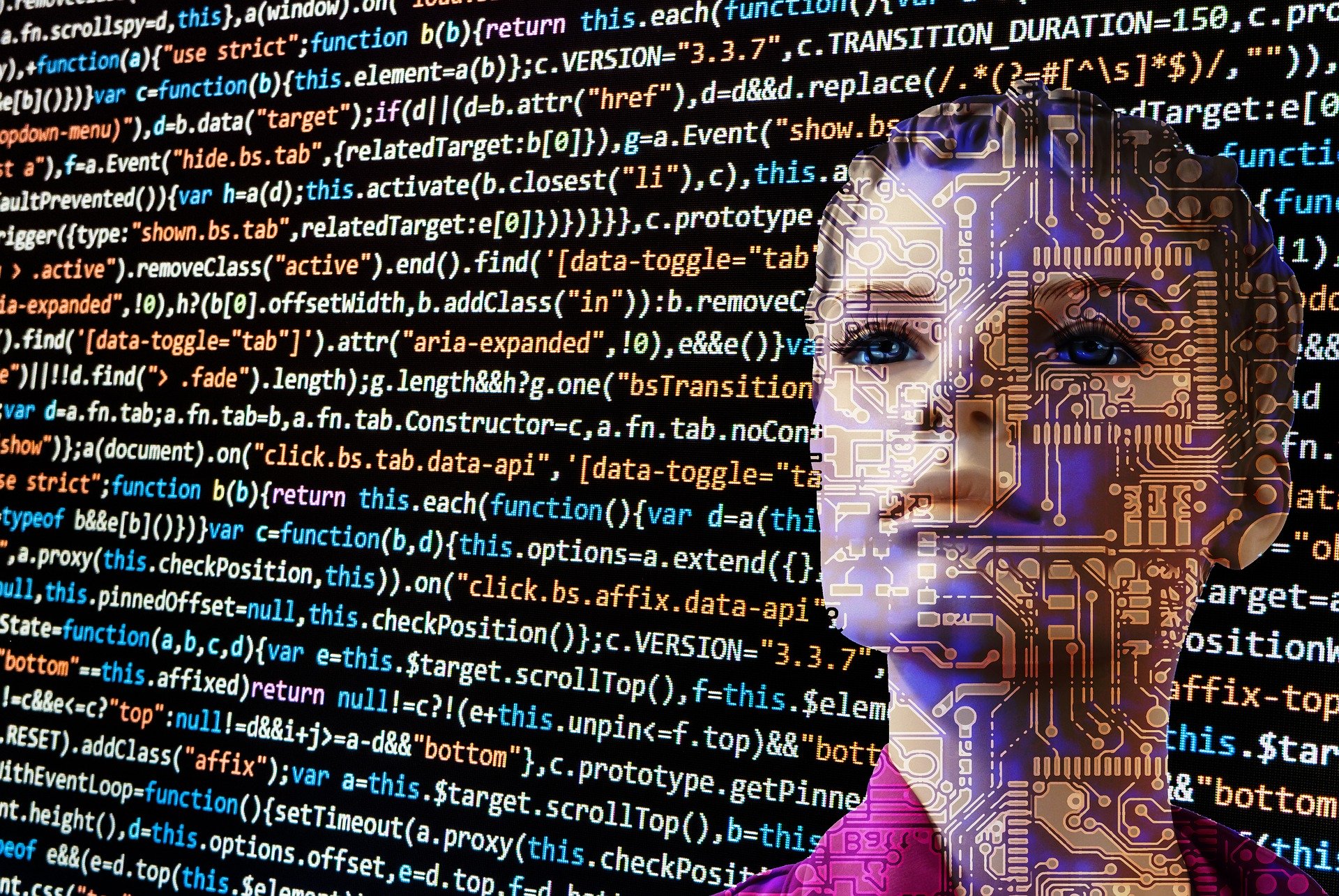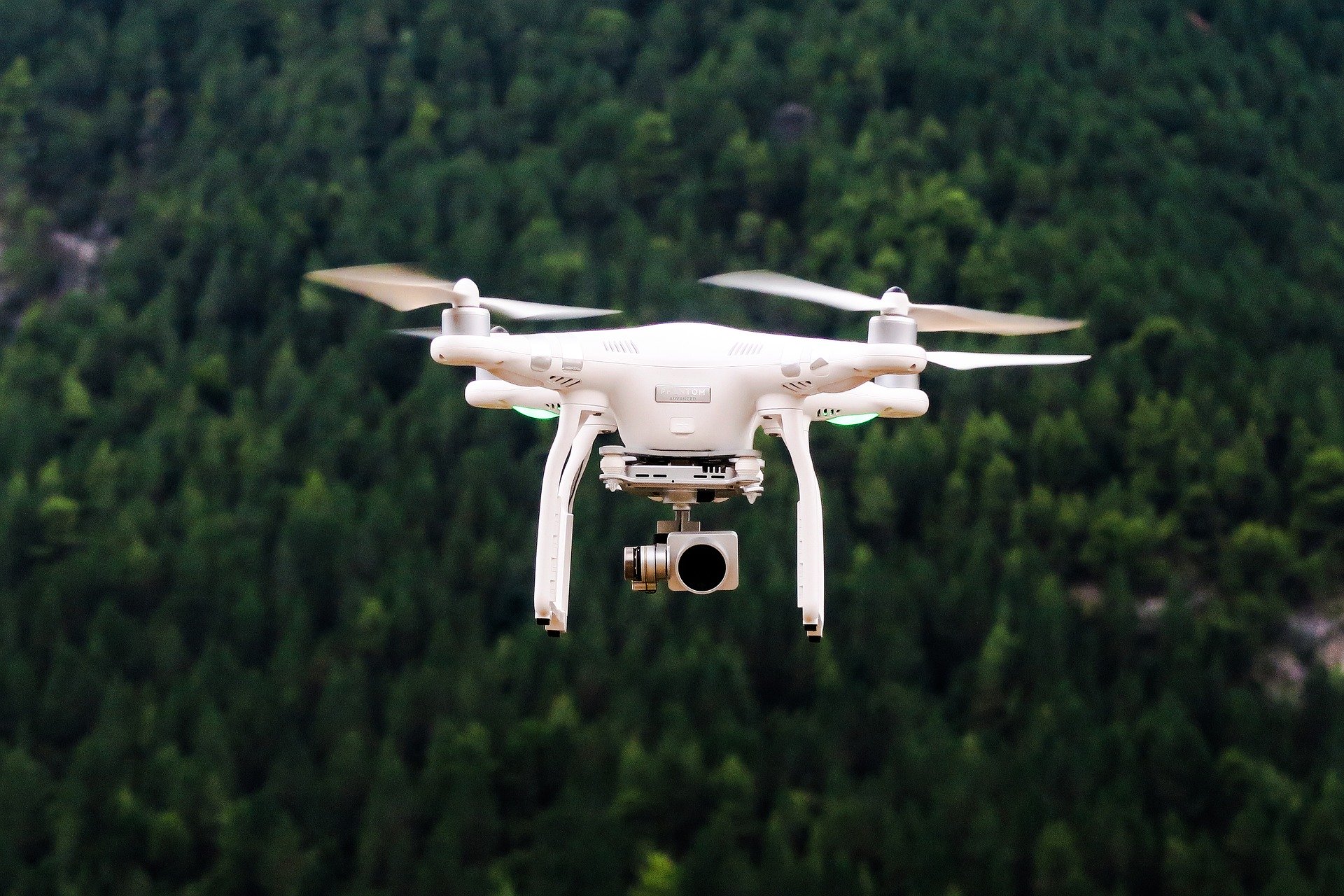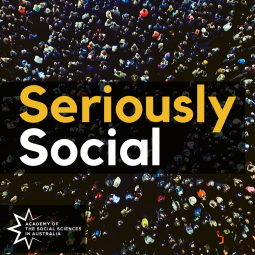 Professor Anthony Elliott is an expert on the way humans interact with technology. He’s Executive Director of the Jean Monnet Centre of Excellence at the University of South Australia and he’s author of a book called The Culture of AI: Everyday Life and the Digital Revolution. Anthony is also a Fellow of the Academy of Social Sciences in Australia.
Professor Anthony Elliott is an expert on the way humans interact with technology. He’s Executive Director of the Jean Monnet Centre of Excellence at the University of South Australia and he’s author of a book called The Culture of AI: Everyday Life and the Digital Revolution. Anthony is also a Fellow of the Academy of Social Sciences in Australia.
With a fresh eye, Anthony unpacks the world of big data, our issues with the Australian Government’s COVIDSafe app, and reveals the unprecedented ways in which AI – usually invisible to most of us – is helping us fight the deadly Coronavirus on a global scale, from drones to supercomputers.
The Australian Government’s COVIDSafe app is designed to track and trace the virus, but people are talking about the privacy implications of the Federal Government collecting all that data. Are these concerns valid?
COVIDSafe has been an absolute talking point in Australia’s attempt to come to grips with COVID-19. And I think some of the debate has quite rightly focused on criticism about the amount of data that’s actually being held by the Federal Government. So, those privacy concerns are really important to many people. At the same time, over 4.5 million people downloaded the app in the first days of its release.
I think it’s important thought to bear in mind that Australia’s not alone in this. You’ve got to take a comparative point of view. So, we know for instance that Singapore have a very similar app where they’re using Bluetooth technologies to be able to track and trace when people have been in close proximity with others over a period of time.
Further afield, the app that’s used in China is much more strict or draconian as it’s mandatory. It’s tied to your social identification number, and what’s interesting there is that it actually governs where you can go. So, it’s using QR code scanners and that actually determines if you get a green light, then you’re clear to go. If you get an amber light, you need to isolate, a red light, they’re coming to get you, etc. So, the China situation is different.

How has this era of big data impacted the way we’re dealing with the global pandemic?
We live in societies that are information rich. They’re high reflexivity societies. So, with these apps, for instance, we have real-time information circulating about what it is that we’re doing. And we’re also getting information about how these apps are working and how they’re tracking and tracing others in real time in these other countries. That is not incidental information to how we react to and cope with the virus. It actually starts to impact and reorganise the way we live our everyday lives. In this very fast-paced information-rich society, the way we’re reacting to COVID-19 is really very, very different to how the world reacted to the Spanish flu, for example.
What new technologies specifically are making a difference to how we’re dealing with the virus?
One really interesting example is the emergence of the COVID-19 High Performance Computing Consortium that’s emerged recently. That’s a consortium involving the likes of IBM, Amazon, Google, Microsoft and NASA and they’re all sharing their resources, particularly their computational resources based on AI.
This means the world’s most powerful supercomputer, Summit, has been made available to scientists. And it’s really fascinating because there, they started off with billions of molecules where they were trying to identify what might be potentially a game-changer in addressing COVID-19 and the scientists were crunching down these billions of molecules down to hundreds of millions, down to millions. And the work that was done over the course of just one week equalled the equivalent of what used to take scientists six months.
When you put these supercomputing systems together as this High Performance Computing Consortium has done, you’ve got 400 quadrillion operations happening every second. It’s absolutely staggering. That said, I’m not suggesting that the technology in and of itself automatically gets us there. AI is part of a much broader social story happening here as to how communities and organisations are reacting to the crisis.

In the public arena, we’re hearing both sides of the debate over the safety of AI. What’s your opinion?
I find it interesting because it’s not as if any of this debate has just fallen down or parachuted in onto us and that it’s completely new. We’ve had lots of this happening for quite a long time now. We know that predictive AI targets consumers in terms of their shopping preferences and social networks. You’ve got Twitter and Facebook bots and governments are using AI to nudge citizens towards certain social policies. So, you’ve either got this sense of AI sweeping down to save us all and the scientists or the technologists, the new technological solution will be the way out, whether it’s climate change or COVID-19. Or you’ve got these kind of dark, menacing, looming threats, us descending into a kind of Orwellian 1984.
In reality, AI is largely invisible. It’s general purpose technology. It’s like electricity. No one’s ever actually clapped eyes on a smart algorithm. It’s not something you do. It’s a bit like God or globalisation. We feel it through its impacts rather than ever directly see it. Therefore, the popular imagination infused by lots of those Hollywood movies is always at work and quite rife.
What’s the dark side of surveillance we really need to be talking about?
People are worried that the information, which is very centralised in and through the Federal Government, could be used for other purposes. And we’ve got lots of examples of technologies being turned into giant surveillance machines, whether you think of social networks such as Facebook and Snapchat, mobile payments through PayPal and Apple or search engines like Google. Shoshana Zuboff, in her book, The Age of Surveillance Capitalism, makes the argument that one of the reasons all of this stuff is so worrying is not that surveillance is not new, but the way that AI is taking surveillance and turning it into a kind of futures market where, if you get hold of this data, it’s very lucrative. It’s worth massive amounts of money because people are willing to lay bets on what our future behaviour is going to be in terms of the marketplace.
So, I think there’s a good reason to be worried. On the other hand, you’ve got to assess this against the backdrop of what the threat is and the threat is certainly very menacing and very disturbing.

How are drones being used in Australia to respond to coronavirus?
Where I work at the University of South Australia, we’re already trying to develop a new drone that can basically monitor the temperature and the respiratory rates of citizens as it’s flying around, picking up all these images of people sneezing and coughing in crowds. And we’re currently working with a company in in Canada to try to operationalise this.
 Tune into Anthony’s fascinating conversation with Seriously Social podcast host Ginger Gorman at seriouslysocialpodcast.org.au or on your favourite podcast platform.
Tune into Anthony’s fascinating conversation with Seriously Social podcast host Ginger Gorman at seriouslysocialpodcast.org.au or on your favourite podcast platform.